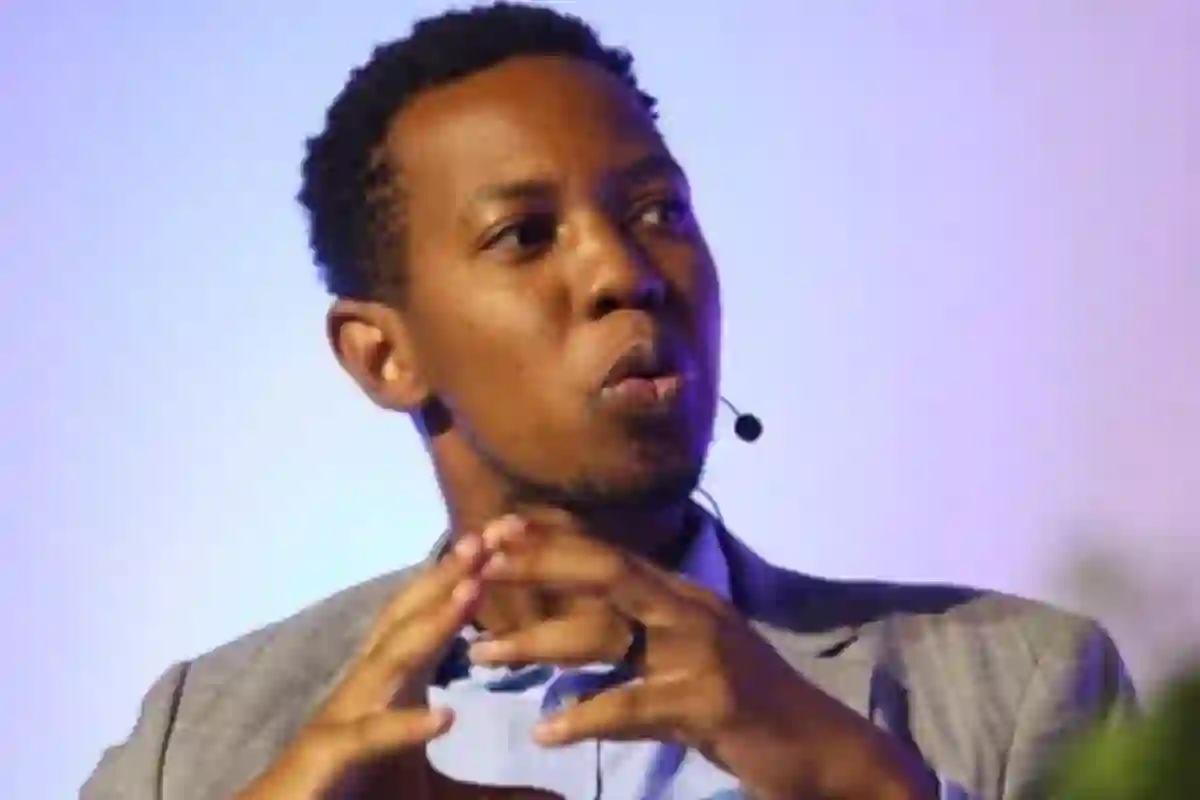South Africa’s political circles are once again buzzing—this time over claims involving a high-profile visa rejection, a diplomatic title, and a war of words between Minister Ronald Lamola’s spokesperson and the Democratic Alliance (DA).
At the center of it all? Former deputy finance minister Mcebisi Jonas and a reported visa snub by the United States.
DA Points Fingers Over Jonas’ Alleged Visa Denial
According to the DA, the U.S. government refused to issue Jonas a diplomatic visa back in May, effectively rejecting his appointment as South Africa’s special envoy.
The party also questioned why President Cyril Ramaphosa continued to refer to Jonas as holding the role, even after the alleged denial.
The DA’s Emma Louise Powell took it further, accusing the Presidency of misleading the public about Jonas’s standing.
However, official confirmation or denial from the Presidency is still pending.
Lamola’s Spokesperson Hits Back
Chrispin Phiri, the spokesperson for Justice Minister Ronald Lamola, wasted no time in firing back at the claims.
Taking to X (formerly Twitter), Phiri slammed the DA, certain lobby groups, and what he called “fringe media platforms” for attempting to sabotage South Africa’s international economic standing.
Phiri argued that trade tariffs from the U.S. aren’t specifically targeting South Africa—they’re a global issue—and are currently being addressed by the Department of Trade, Industry and Competition.
Accusations of Undermining National Interests
Phiri didn’t stop there. He accused Powell of actively working against South Africa’s interests by leading a delegation to the U.S. that, he claims, lobbied for foreign powers to intervene in South Africa’s policies.
According to him, this outreach helped stir negative perceptions abroad about South Africa’s global stance.
He also brought up another controversial move by Powell—her trip to Israel with fellow DA member Andrew Whitfield.
Phiri argued that the trip was “rightfully criticised” for attempting to paint over Israel’s actions in a favorable light.
The ‘Special Envoy’ Debate Explained
On the issue of Jonas’s diplomatic status, Phiri was quick to shut down Powell’s allegations about accreditation.
He clarified that special envoys, by definition, aren’t required to be officially accredited to any country.
They don’t go through the traditional diplomatic credentialing process and often operate under the radar—even when they represent high-level figures like the U.S. President.
He called Powell’s critique a “red herring,” meant to distract from the larger diplomatic picture.
What’s Really Going On?
At its core, this clash highlights a deeper tension in South African politics: how different parties view international diplomacy, trade relations, and foreign influence.
The back-and-forth between Phiri and Powell also raises the stakes as the country navigates challenging economic conditions and works to repair or maintain international ties.
